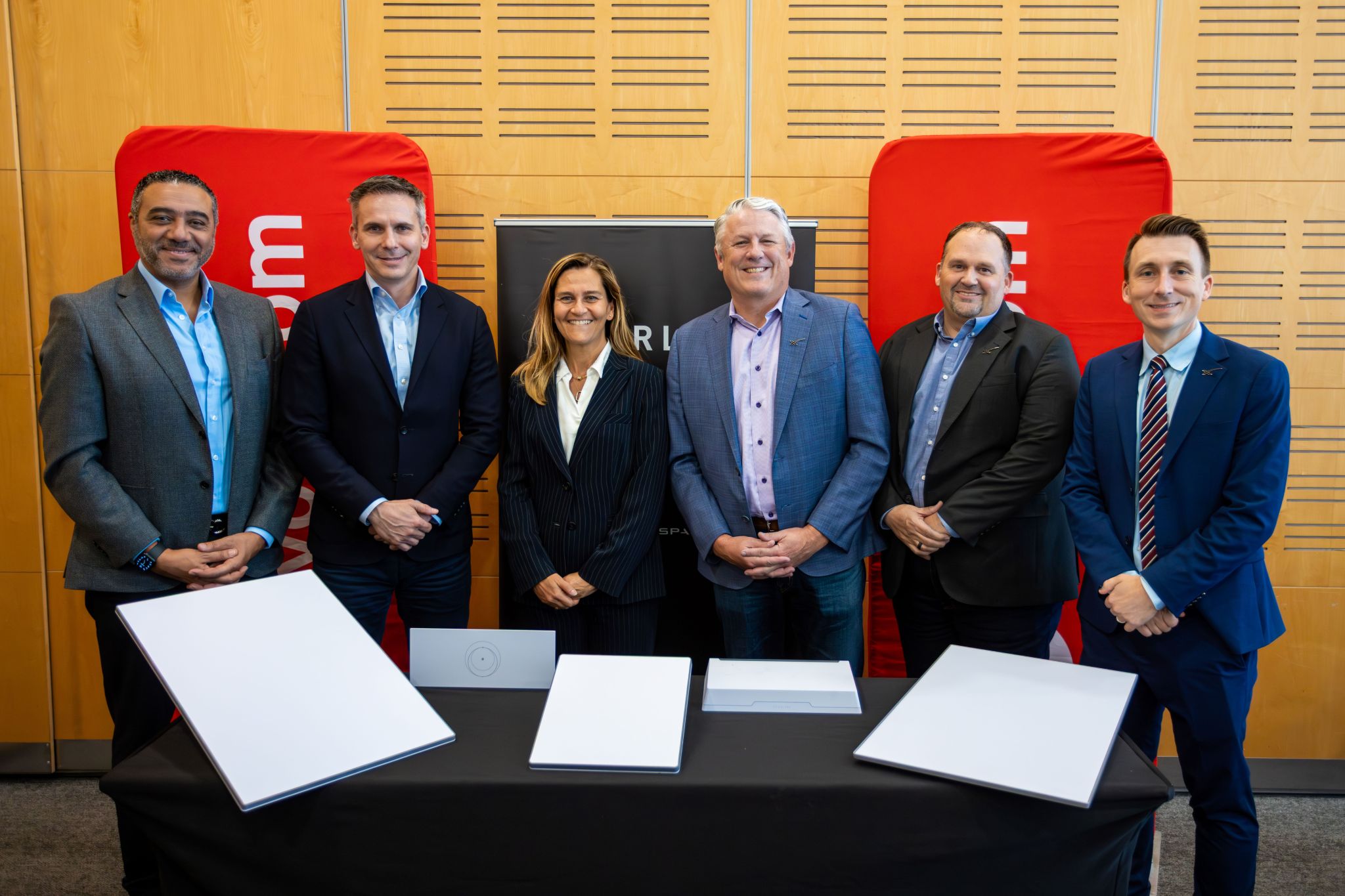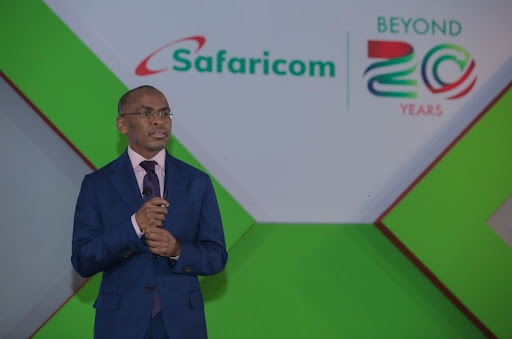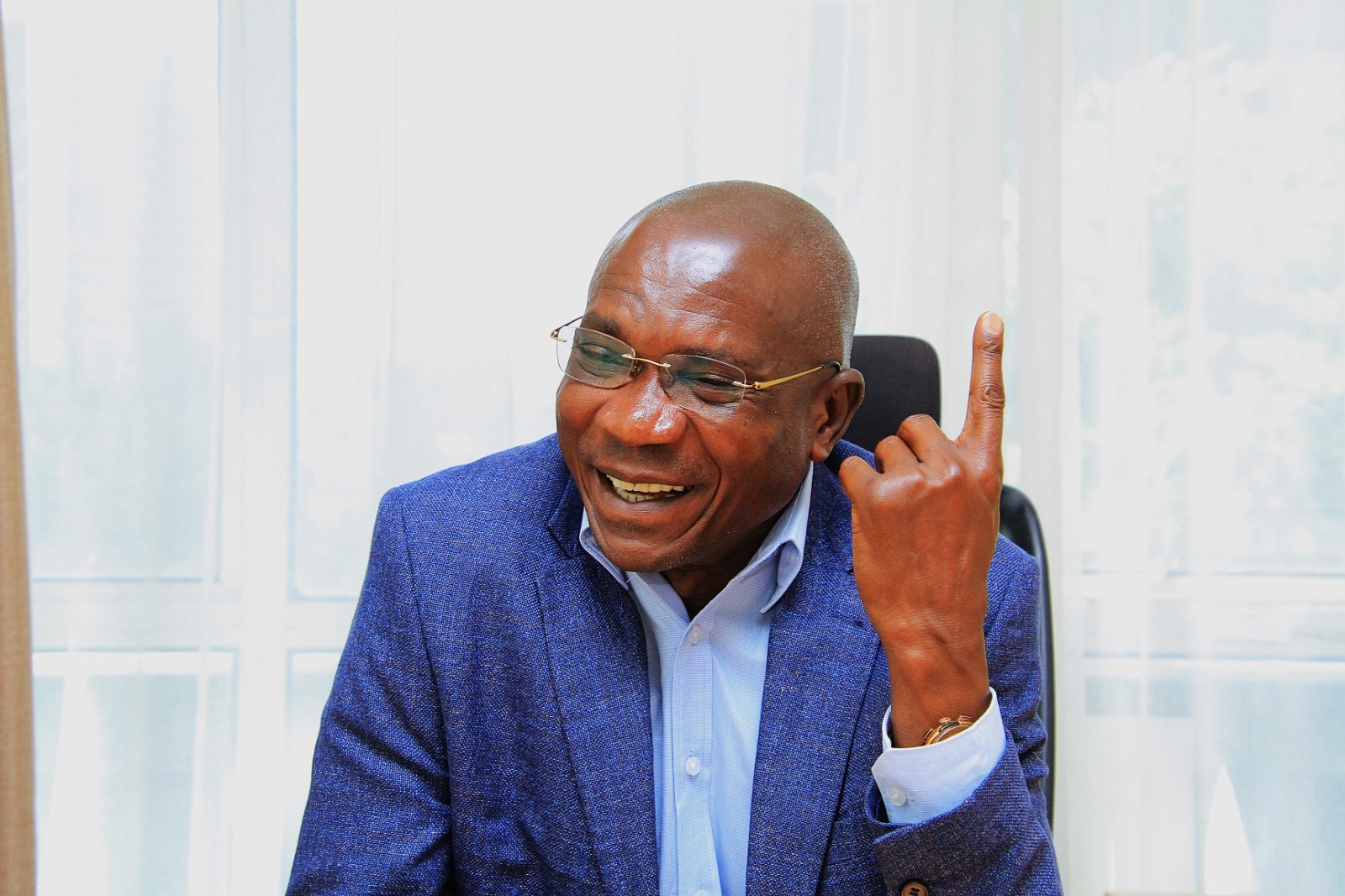
 Vodacom and Starlink executives during the signing of deal to expand broadband access across Africa/HANDOUT
Vodacom and Starlink executives during the signing of deal to expand broadband access across Africa/HANDOUTAmerican businessman Elon Musk’s
satellite internet company, Starlink, has signed a deal with Safaricom’s parent
company, Vodacom Group, to expand high-speed broadband access and strengthen
rural network coverage across Africa.
The deal, announced on November 12,
aims to accelerate digital inclusion and support economic growth on the
continent.
The partnership will integrate
Starlink’s satellite backhaul into Vodacom’s mobile network. It is expected to
improve performance in underserved regions and extend connectivity to remote
schools, health centres and communities.
The companies say the move will help
millions access digital services that remain out of reach due to weak or
nonexistent infrastructure.
Vodacom will also become an
authorised reseller of Starlink equipment and services for enterprise and
small-business clients.
Vodacom Group CEO Shameel Joosub
welcomed the partnership, saying the collaboration will accelerate efforts to
connect every African to the internet.
"We are delighted to
collaborate with Starlink, a move that accelerates our mission to connect every
African to the internet. Low Earth orbit satellite technology will help bridge
the digital divide where traditional infrastructure is not feasible, and this
partnership will unlock new possibilities for the unconnected," he said.
The company plans to tailor its
packages to suit the affordability needs of different African markets.
The partnership will support a wide
range of industries. Vodacom says it has developed products informed by client
needs in mining, oil and gas, agriculture, tourism, retail and financial
services. These include pay-as-you-use backup internet, “unbreakable” internet
options, device-as-a-service models and branch network pooling.
The company expects Starlink to
complement its existing 4G, 5G, fibre, microwave and satellite infrastructure.
It describes the new collaboration as a key addition to its portfolio of
customer-centric solutions.
The agreement fits into Vodacom’s
Vision 2030 strategy. The operator hopes to grow its customer base to 260
million within five years and increase financial services users to 120 million.
The deal brings Vodacom closer to universal coverage across its markets.
Chad Gibbs, Starlink’s vice
president for operations, said the company already serves customers in 25
African countries. He said working with Vodacom will bring reliable, high-speed
connectivity to even more people and businesses.
"Starlink is already serving
people, businesses and organizations in 25 African countries. By collaborating
with Vodacom, Starlink can deliver reliable, high-speed connectivity to even
more customers, transforming lives and communities across the continent,"
he said.
The deal is expected to reshape
broadband access, especially in rural and remote areas.
The signing comes months after
Safaricom initially opposed Starlink’s entry into the Kenyan market. The
telecommunications company wrote to the Communications Authority of Kenya’s
director-general in July 2024 to express concerns about granting independent
licences to satellite internet providers.
It called on the Communications
Authority to consider requiring satellite providers to operate as
infrastructure providers to mobile network operators like Safaricom.
The company would later announce
that it was open to a partnership with Starlink and that discussions were ongoing.
"From a satellite perspective,
we have to partner with Starlink or other satellite providers in the future to
make sure that the technology plays right through," Safaricom CEO Peter
Ndegwa said in an interview with Bloomberg in New York.
"We have had some discussions,
and we will continue to have those discussions to the extent that they
complement what we are offering."
Starlink was introduced into the
Kenyan market in July 2023. It offers high-speed connectivity and coverage in
remote areas where local internet service providers may not reach.
Powered by SpaceX, Starlink uses a
network of satellites in low Earth orbit to deliver high-speed internet with
low latency, making it ideal for rural and underserved regions.

















